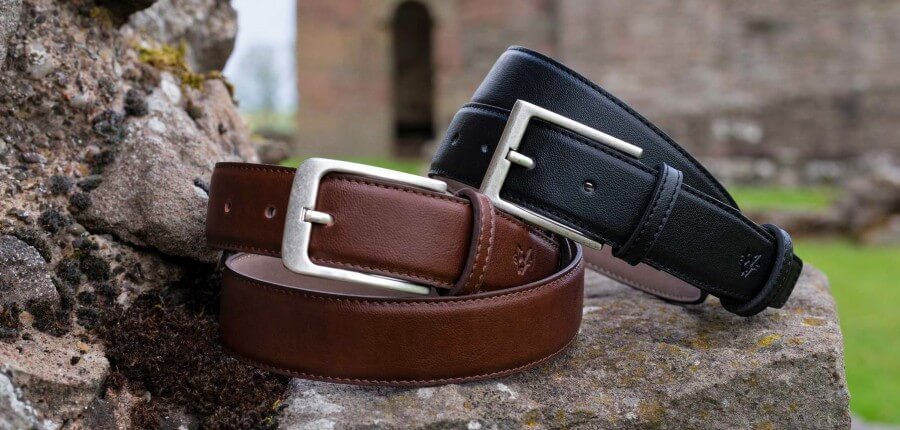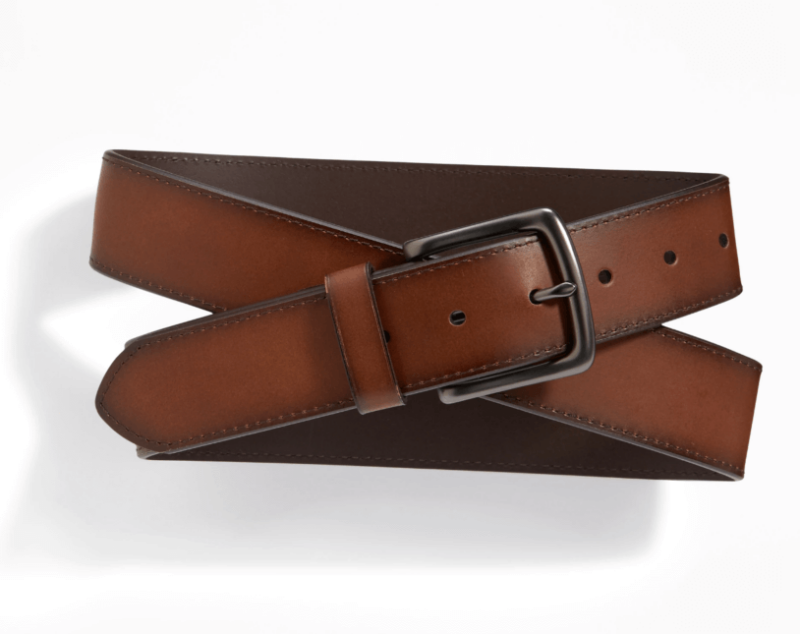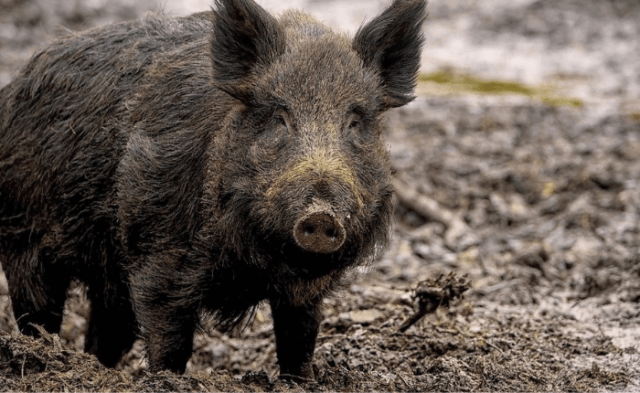By Scott Miller, PETA Staff Writer
I was shopping at Target last week. I needed a belt. Nothing fancy, just a nice, simple belt I could wear with a pair of jeans. When I got to the menswear department, I thought, “Eh, all they have is leather.” But no, the labels said otherwise. Faux leather has come a long way. Curious, I checked out a few other big retail stores, including Gap and Old Navy. Many of their belts were made of vegan materials, too. And they looked great.
When it comes to fashion and function, men who still use skin to hold up their pants are out of the loop. It’s easier than ever to find vegan leather belts, wallets and bags that look and feel the way you want them to.
Animals aren’t fabrics; leather is someone’s skin. And because its source — usually cows or alligators, even dogs or cats — is rarely indicated on labels, it’s hard to tell where (or whom) it came from. Most of it comes from developing countries, including India and China, where environmental regulations are lax and animal welfare laws are either nonexistent or rarely enforced. In the U.S. and many other countries, animals killed for their skin first endure the horrors of factory farming, including extreme crowding and deprivation as well as castration, branding and tail docking without painkillers. At slaughterhouses, workers routinely cut animals’ throats and even skin or dismember them while they’re still conscious.
Kind people love cruelty-free fashion: Alicia Silverstone posed nude to promote vegan leather. Nobody good is getting naked for animal-skin tote bags. Many modern men’s accessories are made of high quality microfibers or polyurethane. For those with more upscale tastes, the vegan leather industry is trailblazing an organic path: Black Nopal makes men’s belts using cactus, and allTRUEist makes them using corn. All natural, state-of-the-art leather produced without suffering or slaughter is now made from apple, mushroom, pineapple, coconut, stone, waxed cotton, grain, flowers, orange, paper, leaves or tree bark. Indie brands like Paguro and revelo manufacture belts out of recycled tires. Watson & Wolfe and Corkor sell vegan leather belts made of cork. And for gearheads, Couch sells vegan belts made of the same seat vinyl used in a 1978 Chevy Camaro LT.
Guys who carry their money in wallets made of the skin of sentient beings should cash in on humane, vegan leather instead. Tree Tribe vegan leather wallets are made from bananas, VeloCulture creates them using upcycled bicycle inner tubes and Hempmania crafts them from … you guessed it.
No one dies for cruelty-free backpacks, satchels, weekenders and fanny packs, so they hold your stuff without the baggage. ASHOKA Paris and Matt & Nat create cool men’s vegan leather bags from recycled plastic bottles, Gunas makes them from mulberry plants and high-end Minuit sur Terre uses grapes.
Fellas, you’re just a shopping trip or Google search away from compassionate and fashionable style. Because sometimes you just want a nice, simple, cruelty-free belt.






